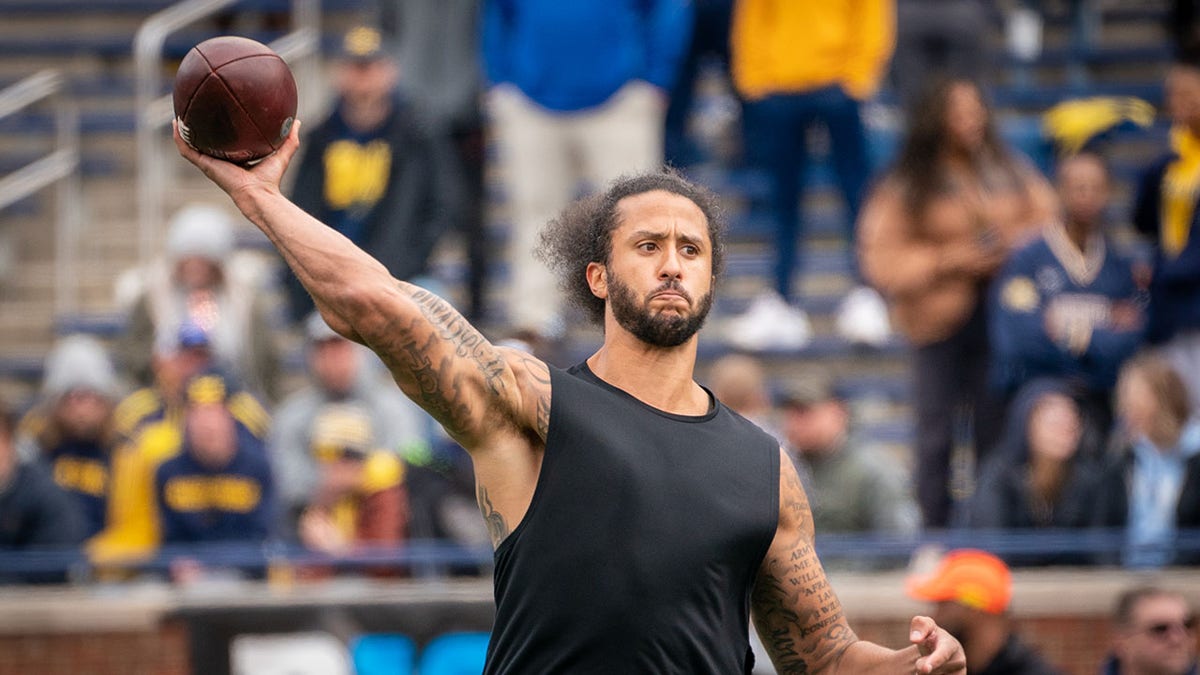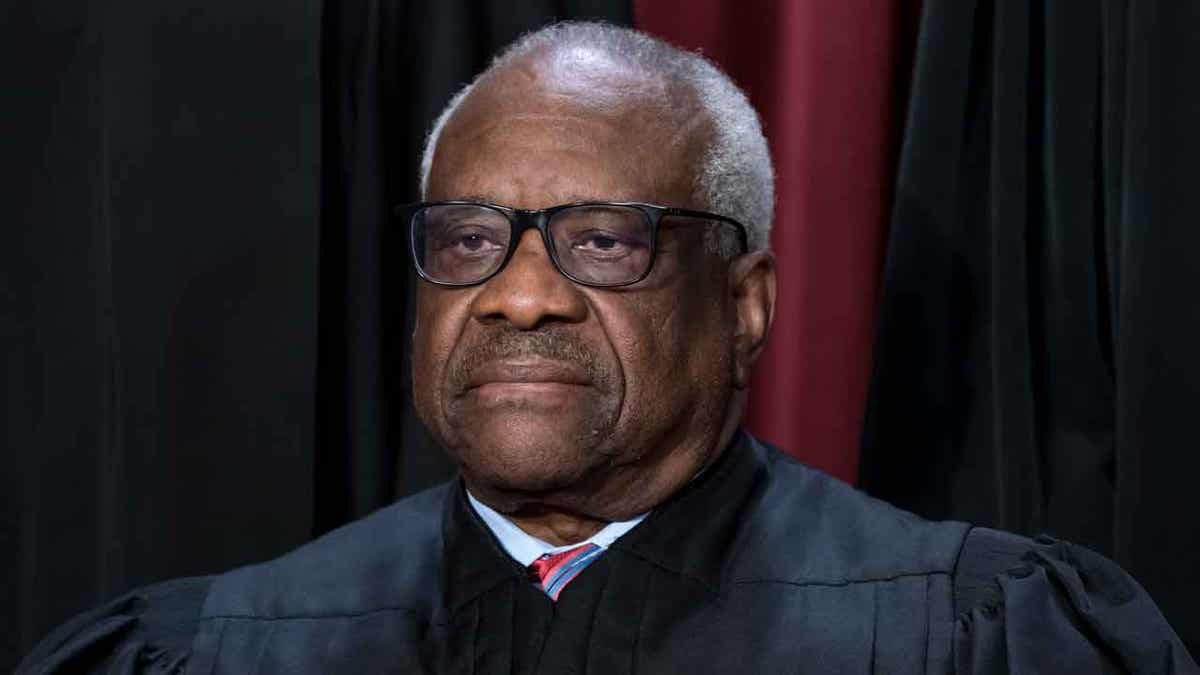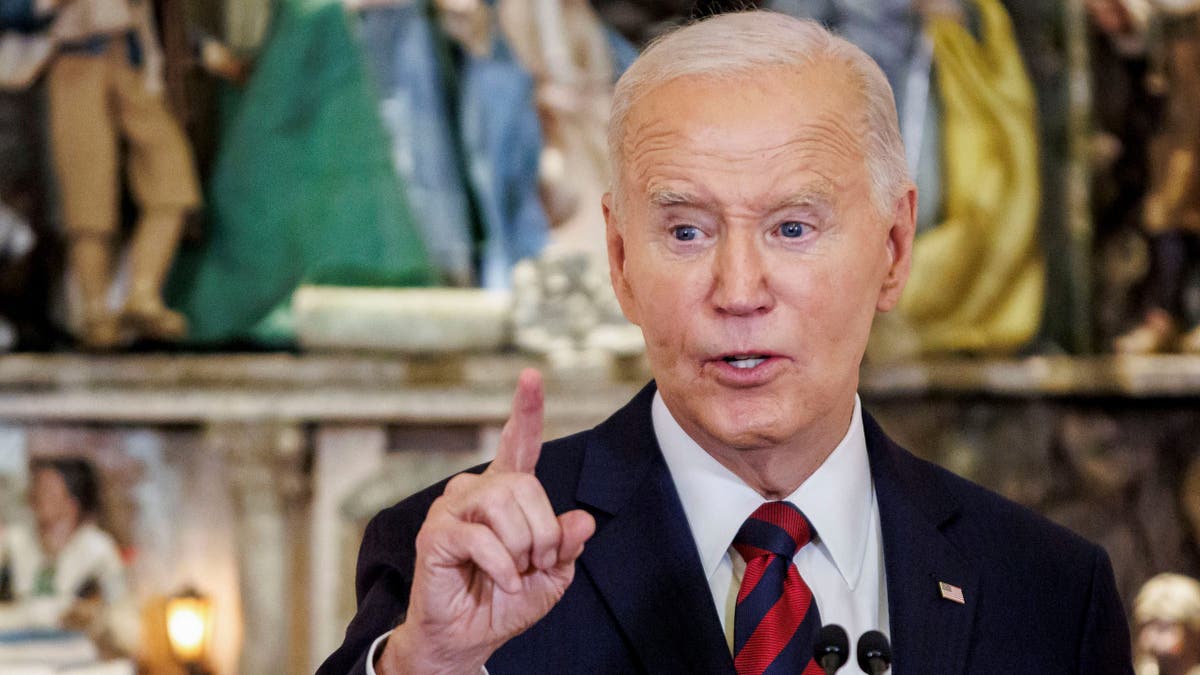Former NFL quarterback and activist Colin Kaepernick has co-edited and contributed an essay to a new book, "Our History Has Always Been Contraband: In Defense of Black Studies," releasing on July 4th. In a recent interview, Kaepernick discussed the book and his collaboration with prominent Black Marxist scholars Robin D.G. Kelley and Keeanga-Yamahtta Taylor. He expressed admiration for their work and hopes the book will challenge readers' perspectives on capitalism and its relationship with racial injustice.

Kaepernick stated his belief that Black liberation is unattainable under capitalism, emphasizing the interconnectedness of racism with other systems of oppression. He highlighted the book's exploration of this concept, urging readers to recognize the broader context of white supremacy.
Kaepernick's activism began with his kneeling protests during the national anthem while playing for the San Francisco 49ers, drawing attention to social injustices. After leaving the NFL, he has continued his activism, advocating for police and prison abolition and criticizing the NFL draft process. Despite attempts to return to professional football, Kaepernick has not secured a new contract.

Kaepernick attributed the development of his political thought to studying Black radical thinkers and engaging with organizers. He connected these influences to his work with Know Your Rights Camp, a non-profit he co-founded to empower communities.
Addressing the Republican party's stance on Black studies, Kaepernick argued against the idea that it's merely an "obsession." Instead, he framed it as a fundamental element of a white supremacist political agenda, asserting that attempts to sanitize history are steps towards fascism and concentrated power. He believes that critical examination of U.S. history poses a threat to the existing power structure.









